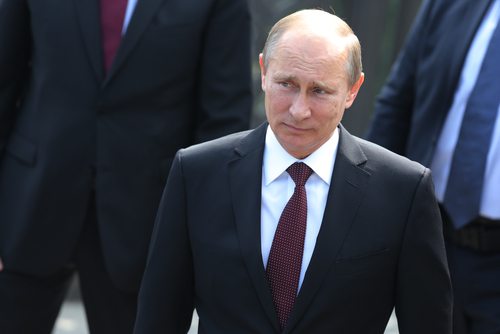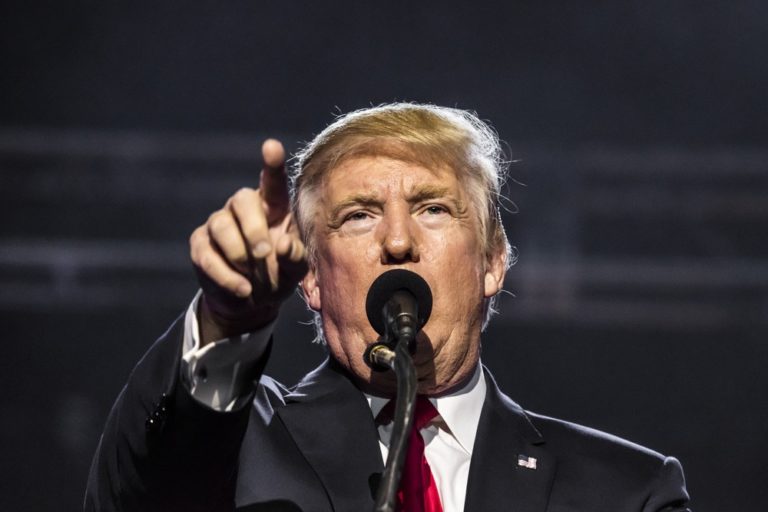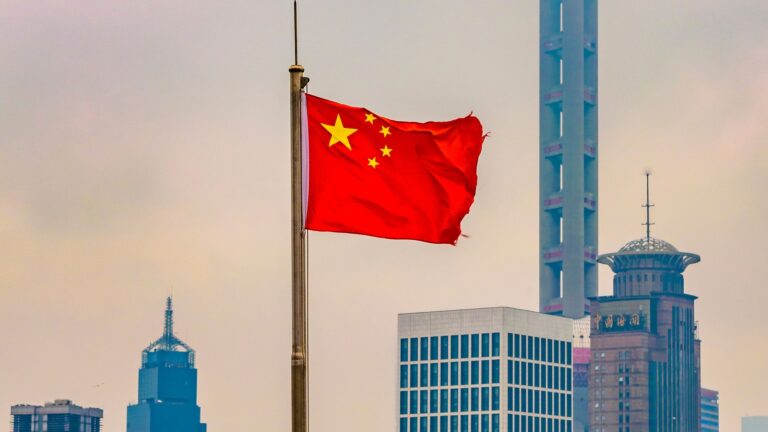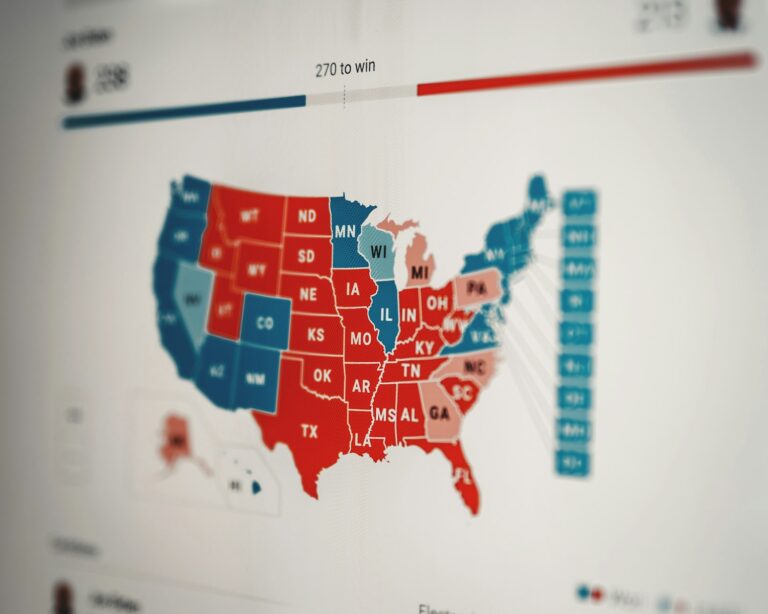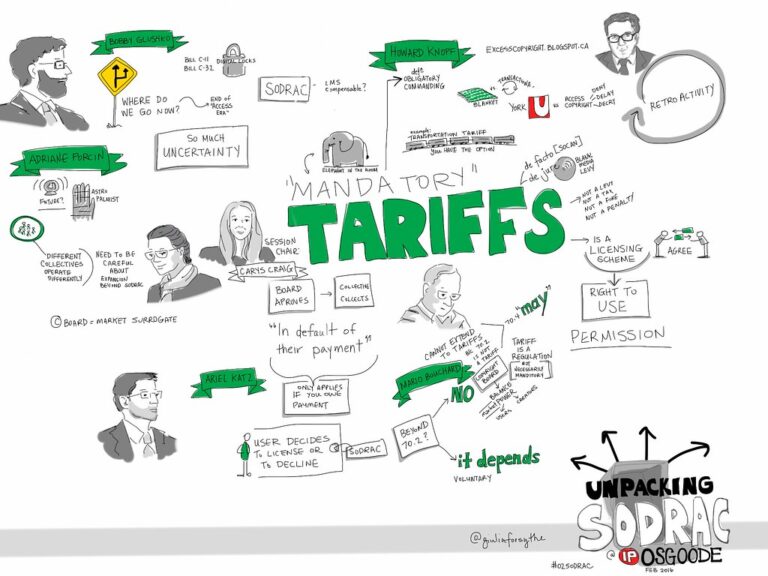Top Takeaways:
- Sergei Shoigu Arrives in North Korea: Russia’s top security official visits Pyongyang to meet with Kim Jong Un.
- Key Topics on the Agenda: Discussions likely include the situation in Ukraine and military cooperation.
- Russia Seeks Stronger Ties: The visit highlights Russia’s push to strengthen relationships amid global tensions.
- International Eyes on the Meeting: The world watches closely as two powerful leaders address shared concerns.
- Potential Implications: The talks could influence global politics and military strategies.
In a significant diplomatic move, Russia’s Defense Minister Sergei Shoigu arrived in Pyongyang, North Korea, for crucial talks with leader Kim Jong Un. This visit, ordered by President Vladimir Putin, underscores Russia’s efforts to bolster ties with key allies amidst global tensions.
Why This Visit Matters
Sergei Shoigu’s trip to North Korea is more than a routine diplomatic visit. It signals Russia’s intent to strengthen partnerships in Asia. With tensions running high, especially over Ukraine, Russia seeks support from nations that can offer military and political backing.
Topics on the Agenda
The meeting is expected to cover various critical issues. Key among them is the situation in Ukraine, where Russia is engaged in a prolonged conflict. Other topics may include military cooperation, economic ties, and mutual strategic interests.
Russia and North Korea have a long history of cooperation. Both countries have faced international sanctions, creating a shared interest in strengthening their alliance. This visit could result in new agreements that enhance their military and political collaboration.
A Strategic Partnership
Russians see North Korea as a valuable ally in Asia, offering support in the region. For North Korea, stronger ties with Russia provide access to advanced military technology and equipment, aiding its defense capabilities.
Global Reactions
The international community is closely watching this meeting. Many countries are concerned about the potential consequences of increased military cooperation between Russia and North Korea. The United States and its allies are particularly interested in how this alliance might impact the balance of power in Asia and beyond.
What’s Next?
As Sergei Shoigu and Kim Jong Un discuss their nations’ interests, the world waits to see the outcomes. Will this meeting lead to deeper cooperation, or will it heighten global tensions? Only time will tell, but one thing is clear—the stakes are high, and the implications are far-reaching.
This visit serves as a reminder of the complex web of alliances shaping global politics. As Russia and North Korea explore ways to strengthen their partnership, the international community remains vigilant, aware of the potential impact on global stability and security.
Conclusion
Sergei Shoigu’s visit to North Korea marks a pivotal moment in global diplomacy. With discussions centered on Ukraine and military ties, the outcomes could significantly influence international relations. The world watches, considering what this means for global security and the evolving balance of power.

